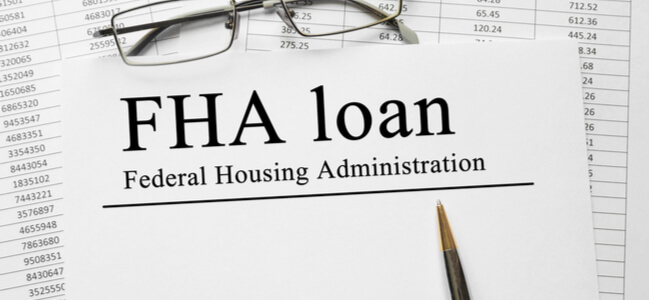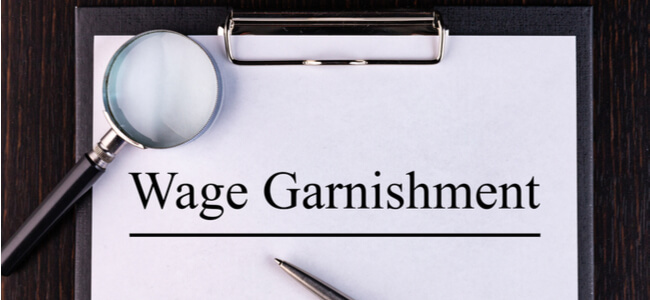Why Taking Out A Mortgage Can Temporarily Give Your Credit A Hit, And Why It Gets Better

A home improvement loan can come in different shapes and sizes depending on the borrower. It includes personal loans for home improvement (both secured and unsecured), home equity lines of credit, and home equity loans.
Though each of them has a unique set of benefits and drawbacks, you ultimately get them for one common goal: home improvement. When you borrow, you need to repay with interest, and sometimes fees as well. Loan repayment behavior is reported to the credit bureaus, so you need to repay timely to keep your credit score healthy.
Read on to uncover some of the best home improvement loan offers available in 2020.
Why Home Improvement Can Be A Great Investment
The direct benefit of investing in renovating your house is that you can improve your comfort and overall aesthetics. You can also raise the value of your house depending on the changes implemented.
Whether seeking to upgrade the kitchen and bathrooms or you’re considering an addition, check out three lenders that offer borrowers some of the best home improvement loans. Compare their terms and review their respective pros and cons to aid the decision-making process.
SoFi
This popular online lender offers home improvement loans, even for extensive repairs. Part of their appeal is generous loan amounts with attractive interest rates. You can also pre-qualify and check terms through a soft inquiry that will not impact your credit score.
Terms
- Amount: $5,000 to $100,000
- Fees: Not applicable
- Credit score requirements: Though it is not available on their website, you can expect it to be around 680.
- APR: Between 5.99% and 17.53%
- Terms: 2-7 years
- Other requirements: Credit history, employment, and income records
- Restrictions: You must be an adult US citizen or hold permanent residency or visa to qualify. Residents of Mississippi are ineligible.
Pros
- You do not need collateral or home equity to qualify.
- If you lose your job, you can pause the payments temporarily.
- A soft check can help you identify the rates and terms before you make a formal application.
Cons
- You must have a good credit score to qualify.
- The disbursal of funds takes around a week after approval.
- If you have a better score, you can access better rates elsewhere.
Avant
Another alternative lender with an online presence, Avant’s home repair loans represent an ideal option for borrowers who do not have a desirable credit score. Their APRs and administrative fees are on the higher side. However, when evaluated side-by-side with comparable lenders, it might look much better.
Terms
- Amount: $2,000 to $35,000.
- Fees: Administrative fees can be around 4.75%.
- Credit score requirements: Must be between 600 and 700.
- APR: Between 9.95% and 35.99%
- Terms: Between 2 and 5 years
- Other requirements: Credit history, employment, and income records. Self-employed individuals need to submit two most recent tax returns with the loan application.
Pros
- Offers a quick disbursal of funds in as little as one business day.
- You do not require home equity to qualify.
- You can identify your pre-qualification chances with a soft credit inquiry.
Cons
- You can access lower interest rates from other lenders.
- They charge an administrative fee of 4.75%, which could increase the overall cost of borrowing.
- The maximum amount offered is only $35,000.
Upstart
For affordable home renovation loans, explore Upstart’s financing options designed for borrowers with an average credit history. This lender considers your education and job history to determine a loan’s interest rate.
Terms
- Amount: $5,000 to $30,000
- Fees: Origination fee of up to 8% applies. There is a late fee of 5% of the due balance or $15, whichever the higher.
- Credit score requirements: 620 VantageScore or FICO.
- APR: Between 7.88% and 35.99%
- Terms: Either 3 or 5 years
- Other requirements: You must be an adult citizen with a valid Social Security number. Your debt-to-income ratio must also be desirable.
Pros
- With a good education or job history, you can qualify for a lower rate.
- Good borrowing flexibility, with amounts ranging between $5,000 and $30,000.
- You have an option to check the rate through a soft credit pull.
Cons
- The APR is usually around 22% for a loan term of three years.
- Comes with high origination fees of around 8%.
- You can only repay in either a three or five-year term.
Conclusion
Each lender has its terms and conditions for home remodeling loans, which makes it important to study and compare them carefully. The total amount available for remodeling loans also depends largely on your credit score and history.
Before signing any loan offer, ensure that you shop around to access the best home improvement loan rates and terms to affordably finance your project.



